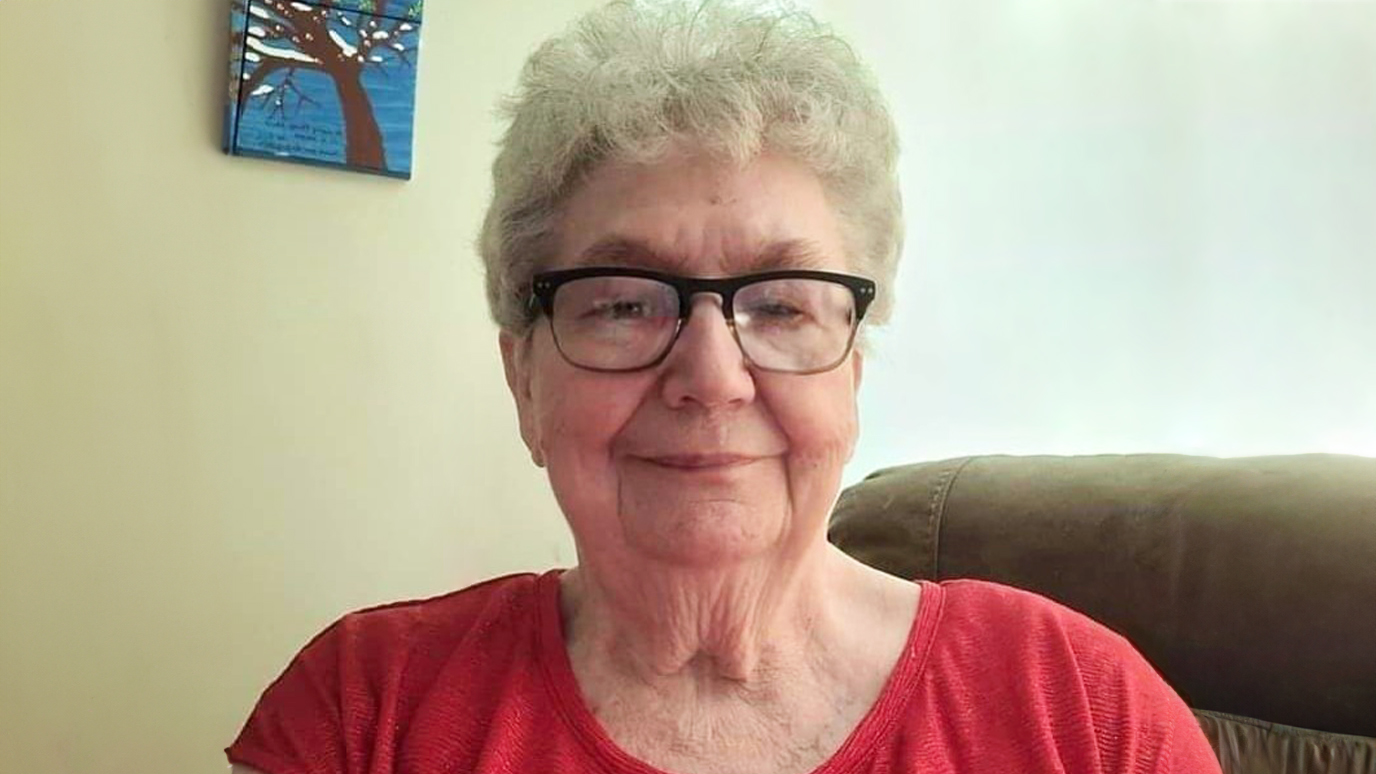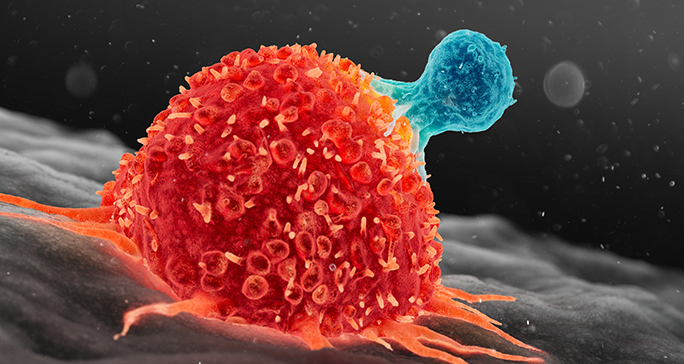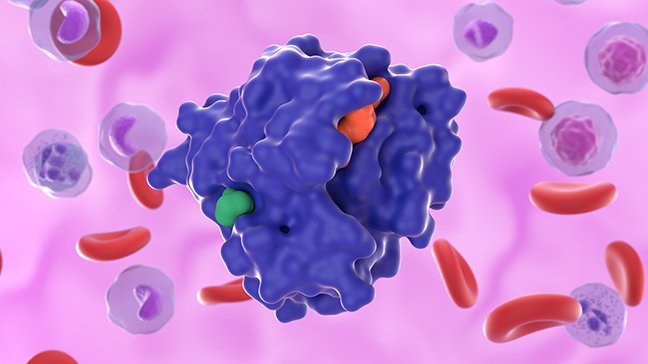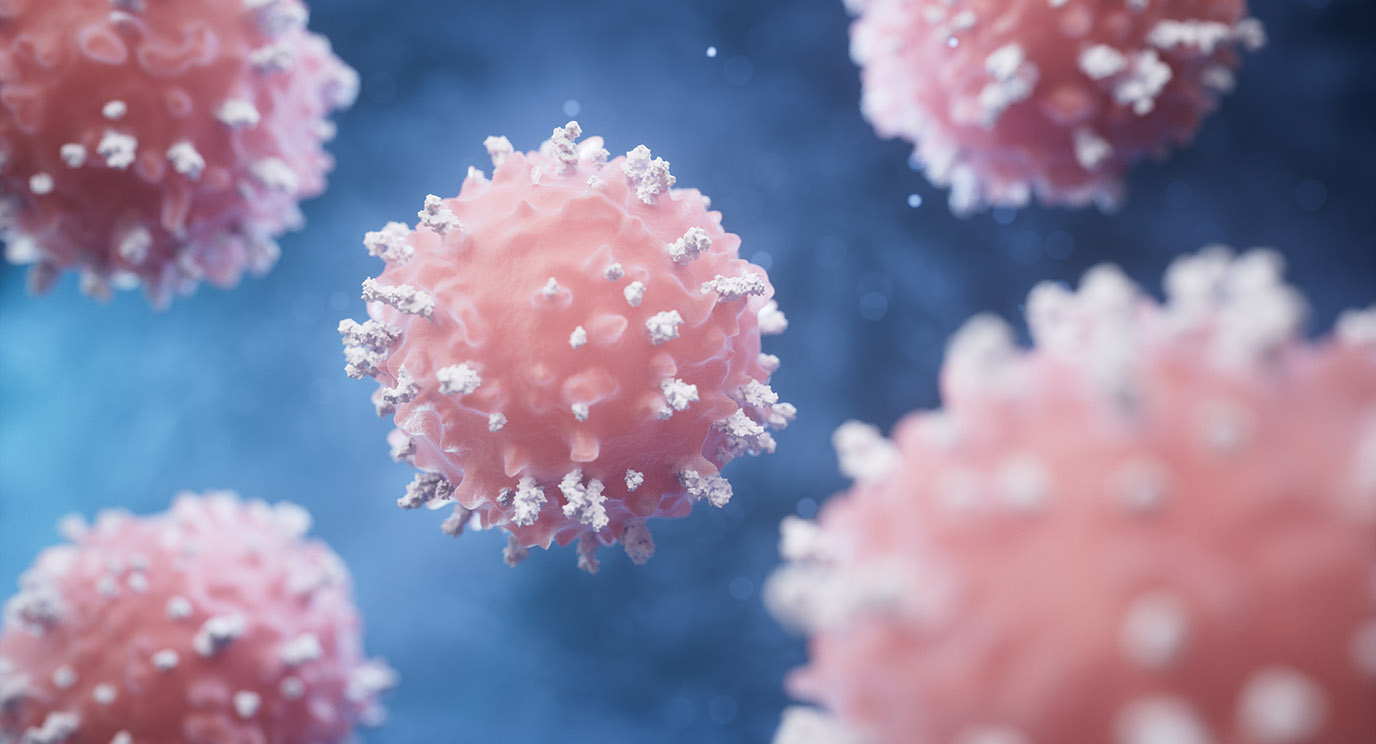- Diseases
- Acoustic Neuroma (14)
- Adrenal Gland Tumor (24)
- Anal Cancer (68)
- Anemia (2)
- Appendix Cancer (16)
- Bile Duct Cancer (26)
- Bladder Cancer (72)
- Brain Metastases (28)
- Brain Tumor (232)
- Breast Cancer (714)
- Breast Implant-Associated Anaplastic Large Cell Lymphoma (2)
- Cancer of Unknown Primary (4)
- Carcinoid Tumor (8)
- Cervical Cancer (158)
- Colon Cancer (166)
- Colorectal Cancer (118)
- Endocrine Tumor (4)
- Esophageal Cancer (44)
- Eye Cancer (36)
- Fallopian Tube Cancer (8)
- Germ Cell Tumor (4)
- Gestational Trophoblastic Disease (2)
- Head and Neck Cancer (12)
- Kidney Cancer (128)
- Leukemia (342)
- Liver Cancer (50)
- Lung Cancer (286)
- Lymphoma (278)
- Mesothelioma (14)
- Metastasis (30)
- Multiple Myeloma (100)
- Myelodysplastic Syndrome (60)
- Myeloproliferative Neoplasm (6)
- Neuroendocrine Tumors (16)
- Oral Cancer (100)
- Ovarian Cancer (172)
- Pancreatic Cancer (160)
- Parathyroid Disease (2)
- Penile Cancer (14)
- Pituitary Tumor (6)
- Prostate Cancer (146)
- Rectal Cancer (58)
- Renal Medullary Carcinoma (6)
- Salivary Gland Cancer (14)
- Sarcoma (238)
- Skin Cancer (296)
- Skull Base Tumors (56)
- Spinal Tumor (12)
- Stomach Cancer (64)
- Testicular Cancer (28)
- Throat Cancer (92)
- Thymoma (6)
- Thyroid Cancer (98)
- Tonsil Cancer (30)
- Uterine Cancer (80)
- Vaginal Cancer (16)
- Vulvar Cancer (20)
- Cancer Topic
- Adolescent and Young Adult Cancer Issues (20)
- Advance Care Planning (10)
- Biostatistics (2)
- Blood Donation (18)
- Bone Health (8)
- COVID-19 (362)
- Cancer Recurrence (120)
- Childhood Cancer Issues (120)
- Clinical Trials (632)
- Complementary Integrative Medicine (22)
- Cytogenetics (2)
- DNA Methylation (4)
- Diagnosis (232)
- Epigenetics (6)
- Fertility (62)
- Follow-up Guidelines (2)
- Health Disparities (14)
- Hereditary Cancer Syndromes (126)
- Immunology (18)
- Li-Fraumeni Syndrome (8)
- Mental Health (116)
- Molecular Diagnostics (8)
- Pain Management (62)
- Palliative Care (8)
- Pathology (10)
- Physical Therapy (18)
- Pregnancy (18)
- Prevention (918)
- Research (392)
- Second Opinion (74)
- Sexuality (16)
- Side Effects (604)
- Sleep Disorders (10)
- Stem Cell Transplantation Cellular Therapy (216)
- Support (402)
- Survivorship (322)
- Symptoms (182)
- Treatment (1786)
Newest research in sarcoma
5 minute read | Published May 30, 2024
Medically Reviewed | Last reviewed by an MD Anderson Cancer Center medical professional on May 30, 2024
Sarcomas are a broad group of cancers that originate from connective tissues, such as the blood or lymph vessels, gastrointestinal tract, fat tissue, tendons, smooth muscles and tissue around the joints. These tumors are broadly divided into bone sarcomas and soft tissue sarcomas. With more than 70 subtypes of sarcoma, there are also a wide variety of treatment approaches and prognoses, and everything about the disease, from diagnosis onward, is complex.
“If we look back over the last decade, we’ve made some tremendous improvements,” says Anthony Conley, M.D., associate professor of Sarcoma Medical Oncology. “However, there is still more we can do to improve therapeutics for sarcoma.”
Conley and his colleagues will present some of these new approaches at the 2024 American Society of Clinical Oncology (ASCO) Annual Meeting.
A virus to help the immune system attack tumors
Conley’s oral presentation (Abstract 2506) is about the results of a multicenter clinical trial using a genetically modified adenovirus combined with an immune checkpoint inhibitor to treat sarcoma, along with several other cancer types, that didn’t respond to immunotherapy alone. “There needs to be something else to invigorate the immune system to help fight the cancer,” he says.
Adenoviruses cause the common cold, but this one, called AdAPT-001, is genetically modified to help cause inflammation in the cancerous tumor, which then attracts the immune system to attack. It also changes the environment around the tumor to make it more responsive to immunotherapy. “It does that by introducing what is called TGF-β trap,” Conley says. “The virus has been engineered to soak up different forms of TGF-β. This then allows your T-cells, which are an important part of the immune system, to now activate, recruit other cells and damage the tumors.”
Side effects from AdAPT-001 were generally mild.
Conley and his team found that injecting AdAPT-001 directly into one or more tumors and also giving the patient an immune checkpoint inhibitor had a clinical benefit rate of 62.5% at 12 weeks. “It was a small study, but we found some really interesting results,” he says. “For example, in several cutaneous sarcomas treated with the combination therapy, the tumors visually looked better in scans — smaller and less irregular.” Furthermore, tumors that were not directly injected were improving as well.
In patients treated previously with immune checkpoint inhibitors, the combination treatment with AdAPT-001 allowed them once again to see a response.
An earlier part of this study was among the presentations related to sarcoma at last year’s ASCO annual meeting.
Risk stratifying sarcoma patients
Ryan Denu M.D., Ph.D., a second-year medical oncology fellow who was recognized with both the Conquer Cancer Merit Award and the 2024 ASCO Young Investigator Award, will present research (Abstract 11511) he completed under the supervision of Elise Nassif Haddad, M.D., Ph.D., assistant professor of Sarcoma Medical Oncology. “He took a gene he was interested in studying in the lab, ATRX, and wanted to find out what it could tell us about treatment or even about prognosis in a variety of soft tissue sarcomas,” Conley says.
The ATRX gene is involved with chromatin remodeling and acts as a regulator of transcription, meaning the process of creating an RNA copy of a DNA sequence. Denu’s research indicates that a number of different sarcomas have a loss of ATRX gene expression and function. “We think this may be essential to the development of the cancer and may also have prognostic value,” Conley says.
Denu correlated the presence of the ATRX gene and the protein it codes for with different aspects of the immune system. It seems that without the gene, the tumor is better able to avoid contact with the immune system and protect itself from the body’s defenses. Therefore, loss of ATRX is associated with both a distinct type of microenvironment — one that suppresses the immune system around the tumor — and worse overall survival.
“This has important implications for us as a way to potentially determine which patients might benefit from certain types of immunotherapy,” Conley says. “If this is validated in further studies, it might be something that we will routinely test for in a clinical setting.”
Potential for a blood test to predict outcomes
Richard Gorlick, M.D., division head of Pediatrics and interim department chair of Sarcoma Medical Oncology, was the middle author of research (Abstract 10018) about patients with metastatic Ewing sarcoma that were treated in the Children’s Oncology Group trial. Although Ewing sarcoma is commonly thought of as a disease affecting children, adolescents and young adults can also be diagnosed. The research found an association between increased levels of circulating tumor DNA (ctDNA) in the bloodstream following one cycle of chemotherapy and inferior outcomes.
“It might lead to people getting routine blood tests to look for ctDNA levels while they are being treated for Ewing sarcoma,” Conley says.
Gorlick, recipient of the ASCO 2024 Pediatric Oncology Award, will also be a discussant on the sarcoma oral abstract session as ASCO.
Poster presentations also highlight sarcoma research
J. Andrew Livingston, M.D., associate professor of Sarcoma Medical Oncology and both an adult medical oncologist and a pediatrician, is presenting a “trials in progress” poster (Abstract TPS11586) about a T cell membrane-anchored tumor-targeted IL12 (ATTIL12) -T cell therapy for sarcoma. “It is a cool and innovative study,” Conley says. “MD Anderson is the only place in the world that has this technology, which was developed by the pediatric oncology group.”
Alicia Gingrich, M.D., a complex general surgical oncology fellow, will be presenting a poster (Abstract 11546) about the immune microenvironment of leiomyosarcomas, which are smooth muscle sarcomas. Under the direction of Nassif Haddad, she looked at tissue samples of leiomyosarcomas under a microscope to find common characteristics and try to determine which patients need to be considered for immunotherapy and which immunotherapy treatments would be best for them. “This is great work that will hopefully lead to clinicians being better able to tailor treatments to the individual patients,” Conley says.
What’s next in sarcoma research
Sarcoma research at MD Anderson goes beyond these presentations at ASCO.
For example, Dejka Araujo, M.D., professor of Sarcoma Medical Oncology, and her colleagues recently published findings in The Lancet of a clinical trial of the first T cell therapy for patients with metastatic or unresectable synovial sarcoma or myxoid round cell liposarcoma. These patients had few options if the standard treatment of high-dose chemotherapy didn’t work. With the T-cell receptor therapy, many had durable responses, meaning their cancer responded to the treatment for at least six months and possibly longer, as the follow-up of these patients is still ongoing.
In addition, new research led by Christina Roland, M.D., associate professor of Surgical Oncology and Neeta Somaiah, M.D., associate professor of Sarcoma Medical Oncology, has found that immunotherapy before surgery leads to promising long-term survival in sarcoma patients.
“Our department has moved toward participating in multi-center clinical trials and leading clinical trials,” Conley says. “We are also very interested in incorporating immunotherapy into our treatments for sarcomas or even replacing some of the therapies we once used to treat these diseases. It’s an exciting time.”
Learn about research careers at MD Anderson.

If we look back over the last decade, we’ve made some tremendous improvements. However, there is still more we can do to improve therapeutics for sarcoma.
Anthony Conley, M.D.
Physician & Researcher





